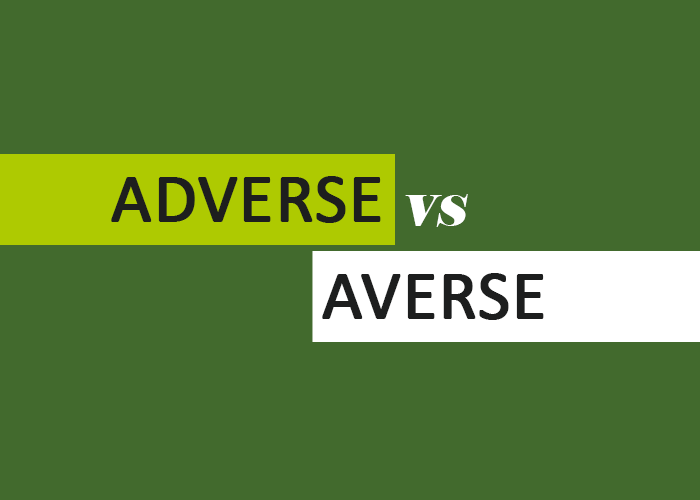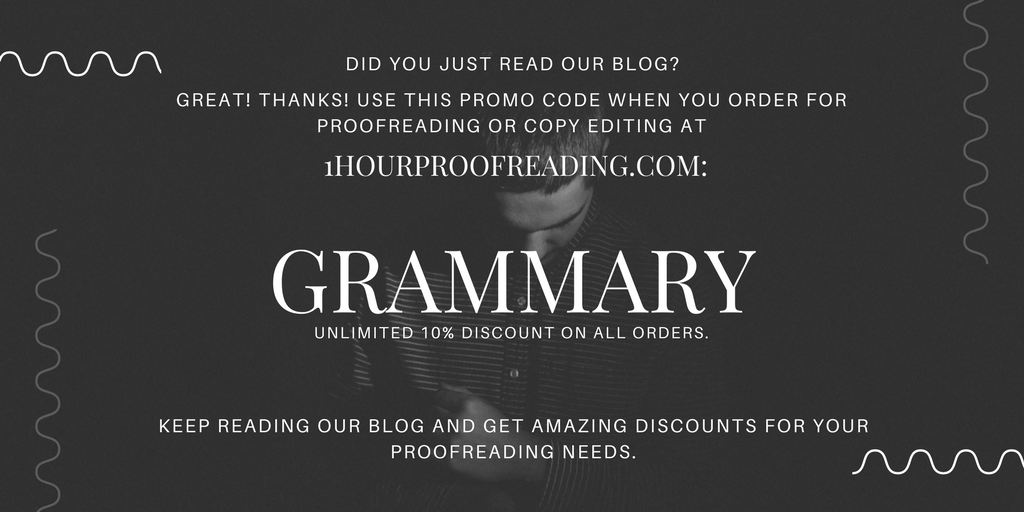Grammar Chaos: The D(eal) with Adverse and Averse
Posted on Feb 20, 2019
What makes someone adverse or averse to others? What is the difference between these two terms besides the presence of the letter d? We’re here to let you know!

It’s perfectly normal for any person to feel displeasure. Some people actually dislike the smell of flowers, while others detest studying in silence and would rather blast music while reviewing their notes. Come to think of it, lots of other negative words start or are associated with the letter d, such as detriment, discomfort, damnation, dullard, and difficult.
However, between such negative terms as, for instance, adverse and averse, is there a significant difference besides the presence/absence of that one letter? Though these tricky adjectives have rather gloomy connotations, what are their distinct definitions?
For starters, the word adverse simply means “hostile, unfavorable, or harmful.” There is an active sense of harm behind this term, commonly used to describe something or someone who delivers trouble to a situation. Likewise, the noun adversity, in the same vein, is defined as “a state or instance of serious or continued difficulty or misfortune.”
The patient was advised to review the adverse side effects of the medication before taking it.
She ignored the adverse social media comments after the scandal.
Despite adverse circumstances in the local market, he managed to start his own business.
On the other hand, averse, without the d, means “having an active feeling of repugnance, dislike, or distaste.” Unlike adverse, averse applies to people and animals rather than things and is usually paired with the preposition to. Merriam-Webster sums up the distinction between the words: “adverse tends to be used to describe effects, conditions, and results; while averse refers to feelings and inclinations.”
My cat is averse to water and stays indoors on rainy days.
As a conservative man, he was averse to risky activities.
I’m averse to loud pop music; I prefer soothing indie music.
When it comes to like-sounding words, a letter off can mean a whole world of difference. Though adverse and averse are both rhyming adjectives with similar tones, they have completely unique meanings. Just keep in mind that putting the d in adverse gives the word a little more direct action than its d-less counterpart; while adverse means inflicting negativity, averse merely means feeling it.
Can’t get enough grammar tips? Drop by our Grammar Chaos series on the 1-Hour Proofreading blog if you feel like hunkering down on helpful writing and editing advice!
Sources:
Disclaimer: Image is not ours. Credit to the owner.
About 1-Hour Proofreading
1-Hour Proofreading is a growing start-up offering fast and efficient editing services at a reasonable price with the assurance that the document is publication-ready the soonest you need it. Its team of highly competent professional editors is committed to helping those in need of quality editing services while facing tough deadlines.
Visit 1hourproofreading.com for more details.
Follow us:
Back to Grammary



